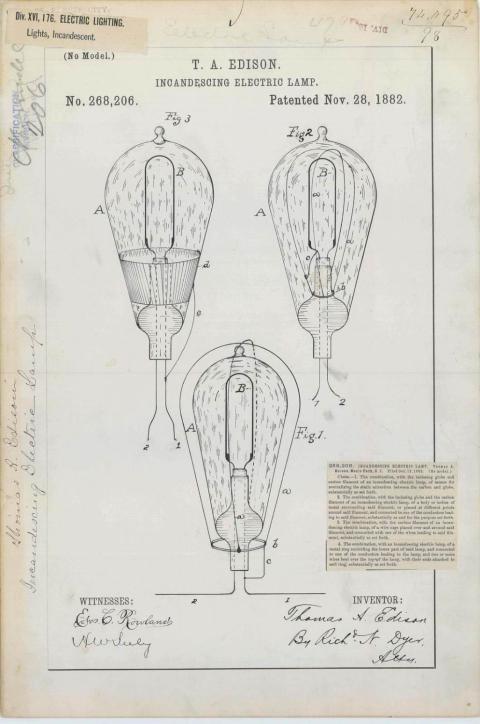Inventions are any new and useful processes, devices, methods, compositions of matter, or improvements to them. Most of us think of inventions as those ideas that are or may be patentable.
For all inventions made with funds administered through the UO and for all inventions that are work related, inventors assign their ownership of the invention to UO. It is important to remember that assignment of ownership does not change inventorship. US patent law vests inventorship with the actual inventor(s) who are the initial owners of any prospective patent rights as well, absent an obligation to assign ownership to an employer or other entity.
To meet the UO’s public university responsibilities, employees are required to disclose any inventions they may make to Industry, Innovation, and Translation (IIT). This is an important element of the transparency expected by the public from its institutions of higher education.

The UO sometimes waives ownership of these inventions back to the funding agency or the inventor, depending on whether patenting makes sense for the university and the acceleration of adoption of the inventive work. For inventions where no funds or university resources were used and which are not work related, the UO can affirm that it will not assert ownership, which comes up most often in relation to outside consulting work.
Patent Guidelines at UO
- UO employees assign work-related inventions to the university.
- UO employees have a responsibility to disclose to IIT any inventions they make.
- The UO may waive work-related inventions, but these must first be disclosed to IIT and go through the waiver process.
- The UO, in consultation with inventors, will make UO-owned inventions available to industry and the public in an effective and non-discriminatory manner, obtain reasonable royalties for use in furthering institutional education and research objectives, and reward inventors through participation in net royalty income received.
To learn more about ownership, the waiver process, licensing, and royalties, a detailed description can be found in the PDF below.
